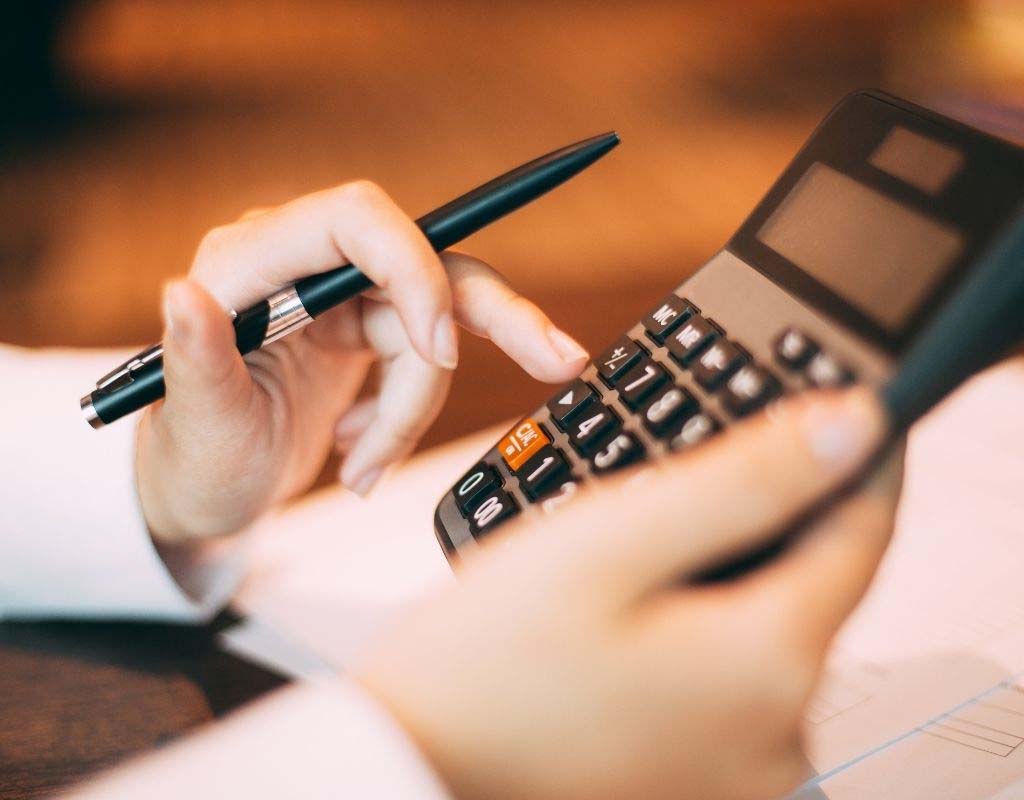The concept of ‘good’ versus ‘bad’ debt is a useful way to help make financial decisions – although the line between these can become blurred depending on different financial situations.
We take a look at different types of debt, their pros and cons and how this can be used to manage your own personal circumstances.
Good v bad
You may have heard the phrase ‘debt is your friend’ being thrown about. This is referring to ‘good’ debt or debt that you take on with the potential for you to increase your personal wealth or income over time. ‘Good’ debt generally refers to things like student loans, property mortgages, or a business loan.
The term ‘bad’ debt generally applies to money that you borrow to buy something that will reduce in value after purchase such as clothes, furniture and other household goods, cars and boats. People borrow money for these through credit cards, personal loans, pay-later options, revolving credit, loan shops, pay day loans, and using your property as security.
So this all seems pretty straight forward, until we start taking a look at how individual circumstances might change things.
The grey area
For many New Zealanders having a car or vehicle of some description is essential yet most cars except for a few classics, undeniably lose value. House prices are at an all time high so it’s possible that in the short to medium term houses purchased now might devalue. Your student loan might never result in you gaining a higher paid job, and financial circumstances might mean that from time to time you need to spread the cost of something over time.
Further, while some people have the luxury of never having to go into debt to buy even a modest car or pay for an unexpected cost, that is not the reality for all.
Getting real
When taking out debt, be confident that you are able to service that debt, and that is a debt that will give you more back than what you put in. Or, if you can’t get that confidence because of circumstances, do your research and ensure you are getting the best option for your needs,
While your car will undoubtedly reduce in value and incur running and maintenance costs, it might be an essential for work. Buy one that meets your needs whilst also being low maintenance and within your budget.
There are clever ways to balance your debt to save money on day to day living. Revolving credit and pay-later options used correctly can be used to pay off debt faster, especially if used in conjunction with a credit card that is paid off fully each month. Just make sure you understand the terms of use and can make the payments required.
If you don’t have many savings for emergencies, such as if your fridge or hot water cylinder dies or you need urgent repairs on your car, do some research to make sure you can access the cheapest money possible. Explore options such as personal loans, overdraft arrangements with your bank, or pay later options so that you can avoid pay day loans as they are one of the most expensive way to borrow money.
Getting sorted
If you find yourself with a range of debts that you consider ‘bad’, you could consider debt consolidation. This is where you pay off all your debts with one loan that has a lower interest rate. Talk with your bank, other reputable lending institution, financial adviser or mentor for advice.
Always consider all of the financial implications including fees, interest, security, and repayments of any new arrangements. We highly recommend seeking financial advice before taking on or changing your debt arrangements.
What financial advice do you need?
See more:







Leave A Comment
You must be logged in to post a comment.